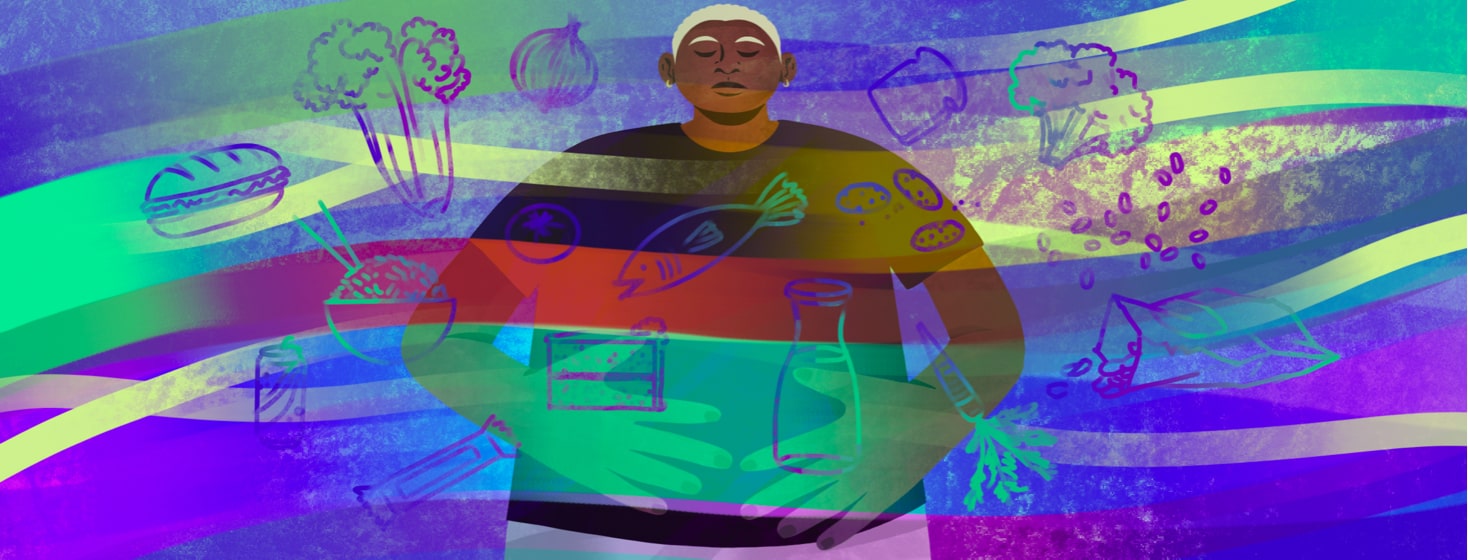Binge Eating Disorder and NAFLD
Being overweight and having an eating disorder was one of the most embarrassing things I have experienced. I never would have anticipated that it would lead to a liver disease diagnosis that would forever change my life. My disorder was something I kept to myself from the age of 14. How or why would anyone believe me if I told them I had an eating disorder? In my experience, EDs are attributed to individuals who are thin and skinny.
My struggle with binge eating disorder
I had convinced myself that if I told anyone about my struggles, they would laugh in my face. “You? Eating disorder? Yeah, right.” I was anything but skinny. I wore plus size clothing for as long as I can remember. I was going to Weight Watchers meetings long before I even graduated high school. I spent the majority of my adolescence and 20s eating my emotions. Happy, sad, disappointed, excited, nervous, lonely, overwhelmed, stressed. You name the feeling and I was feeding it.
How my eating disorder impacted my fatty liver
Once I began researching nonalcoholic fatty liver disease (NAFLD) after my diagnosis in 2021, I soon found out that my binge eating disorder was a contributing factor to my fatty liver. When I ate, I ate a lot, and I ate past the point of feeling full. This made me forget whatever was in my brain, as I just focused on the food. I definitely wasn’t binge eating salad either. It was Taco Bell, chicken tenders, french fries, fried food, foods high in saturated and trans fats, and high carb foods (and not the good carbs).
Well, wouldn’t you know, NAFLD is an over-accumulation of fat on your liver. This fat comes from what you eat. Obesity, high cholesterol, sedentary lifestyle, and a diet high in processed foods and sugars all can lead to NAFLD. Here I was, slowly but surely binge eating myself into a disease.
Where I am now in my health journey
I am now 33 years old, and although I have moments of temporary weakness, I can officially say that my consistent binge eating days are behind me. I focused on the Mediterranean Diet and took the aspects of it that would work for me and loosely implemented them into my lifestyle. I ate the things I loved, but when I could, I replaced them with healthier options and smaller portions.
Am I dietician? No. Am I a nutritionist or doctor? Also no. What I am is a human being that was given a diagnosis and had to self-educate to get my life onto a better track. I had to learn to eat to fuel my body, not eat to feed emotions. It has been one heck of a ride, but it has been so worth it.
In the last 4 years I have lowered my cholesterol, my blood sugar, and my liver enzymes. I feel better. I *think* I look better, and when I get my next FibroScan within the next year, my hopes are that the results reflect a healthier and happier me. Fingers crossed.
Featured Forum
View all responsesIf you or a loved one shows warning signs or is at risk of an eating disorder, contact the National Eating Disorders Association (NEDA) Helpline at 1-800-931-2237. You can also chat online to get help.

Join the conversation